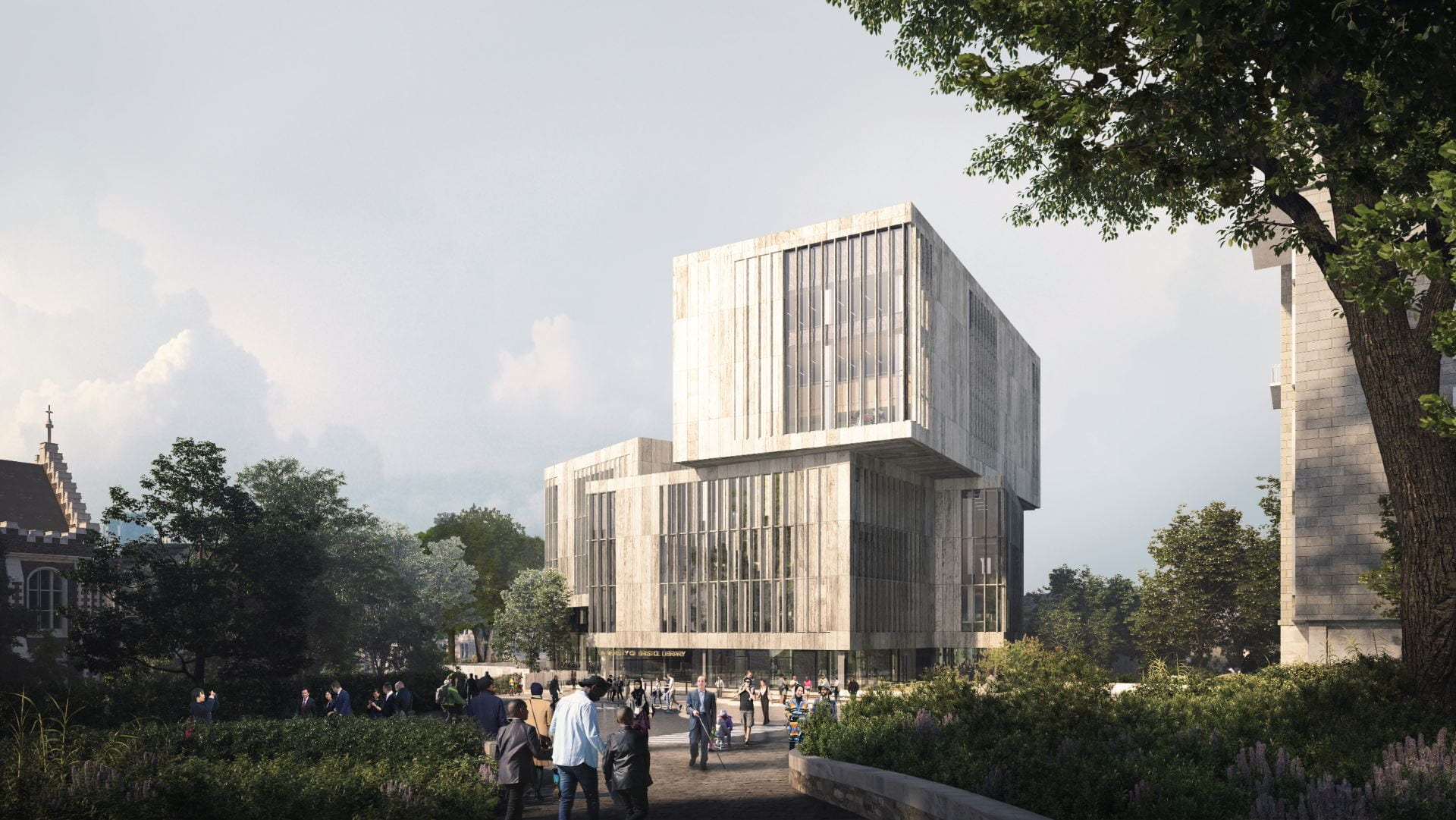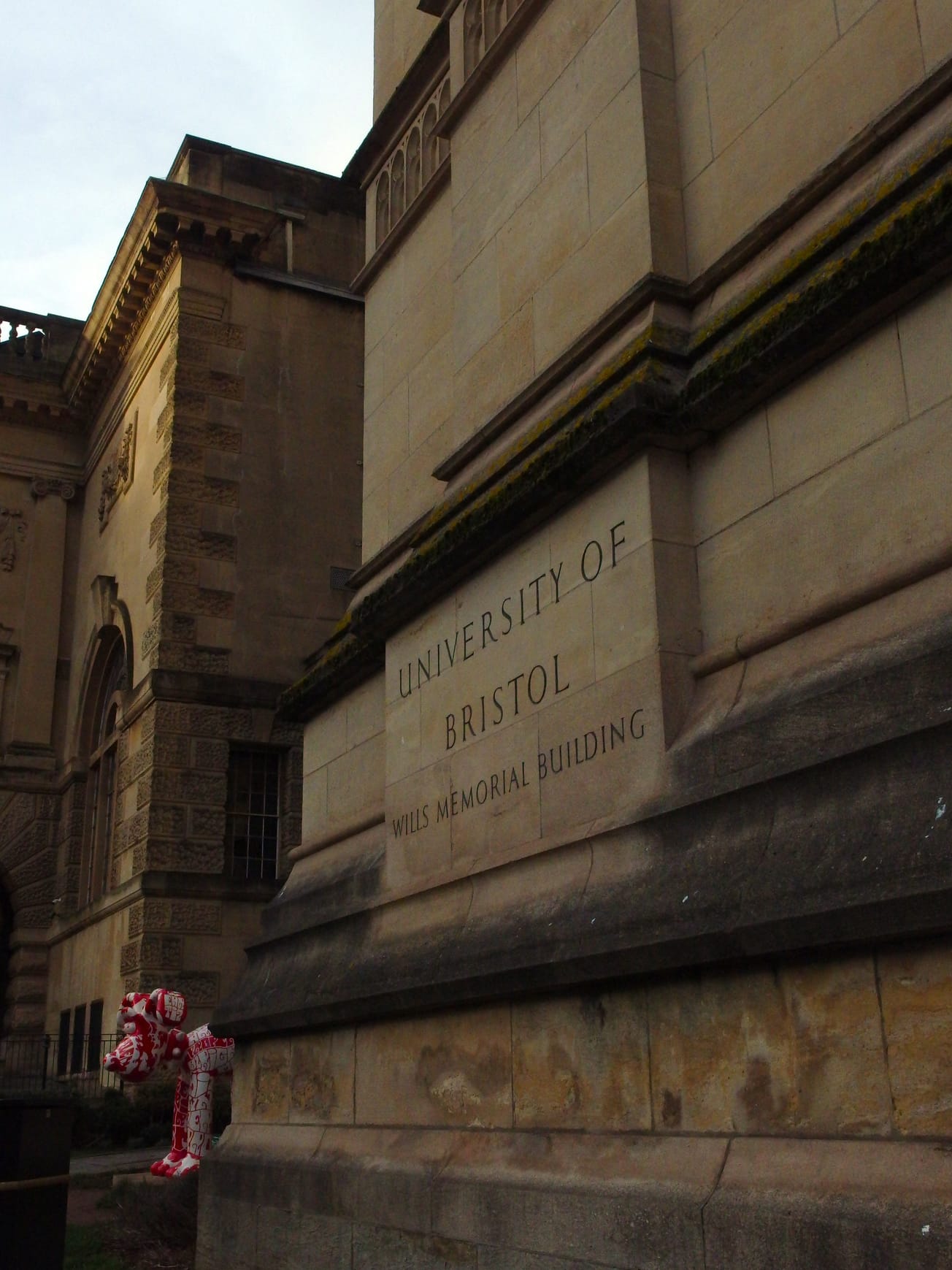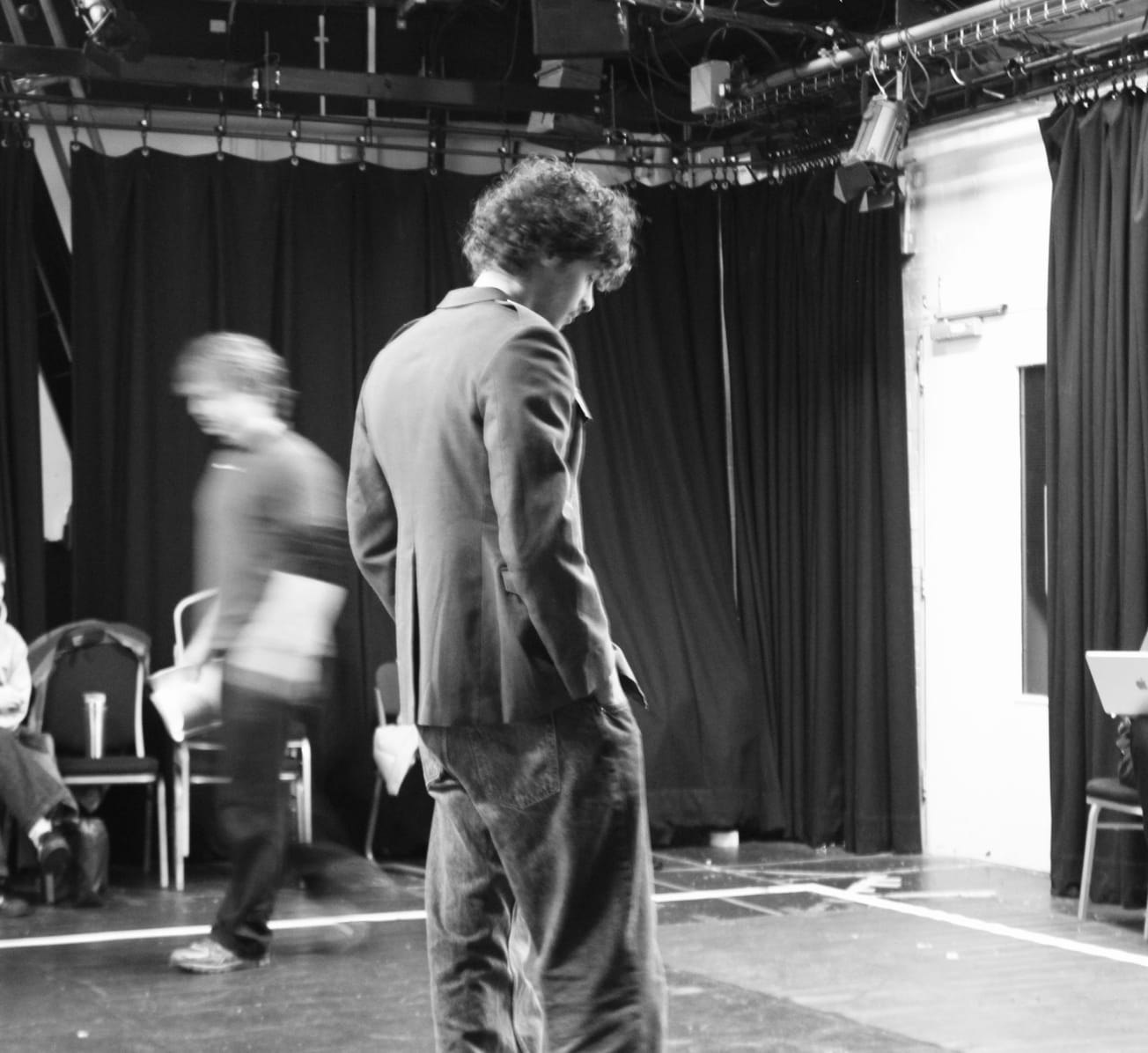By Ellie Brown, News Subeditor
Salaries for senior staff increased despite the overall shortfall
Figures from the University’s newly released Annual Report show that the institution reported an overall deficit of £69.5 million in its accounts for the 2018-2019 financial year.
The shortfall was caused by the 2017 revaluation of the University Superannuation Scheme (USS), the main pension scheme of academic staff; proposed changes to this in the wake of the revaluation was the main reason for staff strike action in 2018.

The University, which is contractually obligated to help fund this scheme, saw expected future payments to the USS to fund the deficit rocket to £105.9 million, resulting in the report’s stated deficit.
This is despite an increase in overall surplus before USS payments are factored in - from £11.4 million to £36.6 million. According to the report, this rise is due to an increase in capital grants for new equipment to the National Composites Centre, a University-owned high value research and manufacturing company.
Speaking to Epigram about the deficit, Robert Kerse, Chief Operating Officer at the University, said:
‘Accounting standards require us to reflect on the balance sheet of the University the difference between the money that staff amd the University have already paid into the [USS] scheme and the amount that it’s expected to cost to pay out these pensions in the future.’
The results of the 2018 revaluation of the scheme - which was only signed off on September 2019 - mean that the University’s expected future payments to fund the USS scheme deficit next year will decrease by £68.3 million, and Robert states that his budget for the next ten years includes all the cash that will be needed to fund both pension schemes for staff.
Robert explains, ‘because staff have already earned the rights to these pension benefits, in the future, we have to reflect the fact that that money has to be paid in the future in our accounts now’.

According to a November 2019 report by Times Higher Education (THE), many pre-1992 Universities will have recorded ‘exceptionally large’ deficits this year due to the revaluation of the USS Scheme.
The THE report also cited guidance from the British Universities Finance Directors Group, which stated that ‘these large university deficits are not a reflection of the cash or day-to-day spending position of universities, nor do they mean that spending has been significantly higher than income’ - although a former chief of this group also said that the impact of these provisions ‘cannot simply be ignored and will need careful interpretation each year by lenders and others.’
USS recovery plan taking a heavy impact on universities' 18-19 accounts: Leeds £98m deficit, Southampton £71m, York £57m, Liverpool £54m. But all superseded by a second recovery plan with much less negative impact, so next year's accounts will bounce back. https://t.co/MpbrzLZeat
— John Morgan (@johncmorgan3) December 2, 2019
Meanwhile, the University's Annual report also showed pay increases for senior members of staff.
The number of staff on salaries of £105,000-£109,999 per year rose from 9 to 32, while the upper limit for salaries (excepting the Vice-Chancellor’s) increased from £180,000-£184,999 to £210,000-£214,999, with two members of staff on salaries above £184,999 compared to none the previous year.
Additionally, Hugh Brady, the University’s Vice-Chancellor, was paid £9,000 more than he was the previous year - £382,000 in total compared with £373,000 in 2017-2018. The £9,000 increase derived from a £6,000 rise in Mr Brady’s basic salary, a £2,000 increase in non-taxable benefits and an additional £1,000 in payments received in lieu of pension contributions.
Out of all the Vice-Chancellors at UK universities, Mr Brady is the 11th highest paid, according to a recent report by The Tab.
On the rise in staff salaries, a University of Bristol spokesperson said:
‘The Vice-Chancellor’s salary is set and reviewed annually by the Remuneration Committee comprised of external members and members of the University's Board of Trustees. The Vice-Chancellor is not a member of the Remuneration Committee and is not present when his remuneration, including salary and other benefits, is being considered or decided upon.
‘With effect from 1 August 2019, the Remuneration Committee awarded Professor Brady a pay increase and he currently receives an annual salary of £300,000. There are no additional bonus arrangements.
‘This pay increase was in recognition of his performance and brings his salary closer to the average salary for other Vice-Chancellors in the Russell Group.
‘It is essential that the University offers a competitive remuneration package, allowing it to attract an outstanding Vice-Chancellor to lead a diverse and complex organisation of almost 26,000 students, over 6,860 staff and an income of £750 million.
'Because the University is involved in the national industrial relations dispute on higher education pay and pensions, Professor Brady is voluntarily donating any salary rise above the average increase received by staff back to the University to fund student scholarships.
‘More staff now fall within the £105,000 to £109,999 salary bracket than the previous year for a number of reasons which include the standard salary increase of 1.8 per cent. The number of staff earning over £100,000 remains the same as the previous year. Universities operate on a highly competitive global stage and Bristol needs to be able to appoint and retain talented individuals from across the world who make a vital contribution to the quality of student learning, to cutting edge research and the wider impact of UK HE institutions.'
Featured Image:Epigram/Ellie Brown
What do you think about the increase in pay for senior staff? Let us know.









